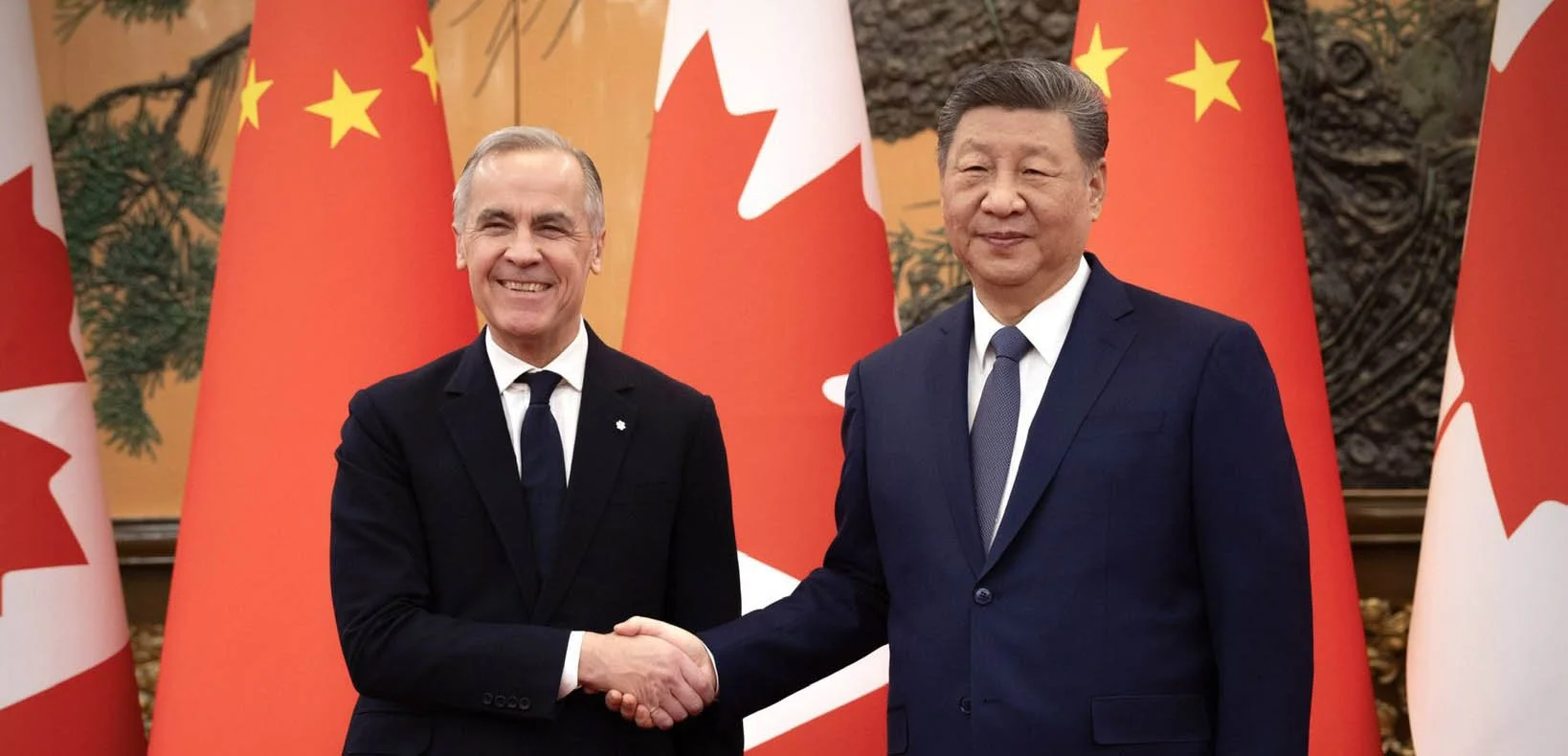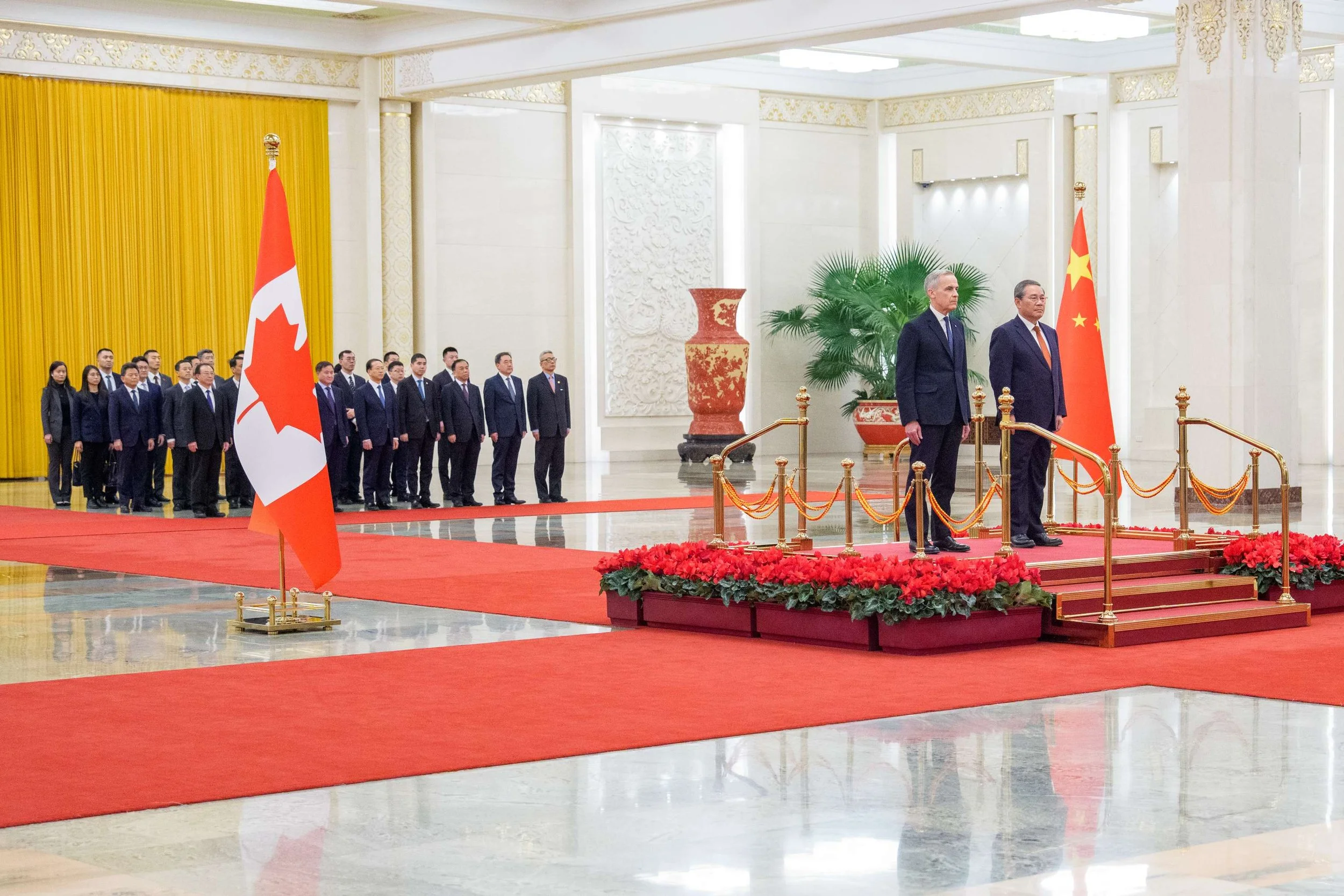If Trump can tear up his own trade deal, why are we rushing to negotiate another one?
This is Canada’s moment to act with clarity, not desperation. Let’s not waste it, writes former Trade minister Ed Fast.
As Canada approaches the six-year review of the Canada-United States-Mexico Agreement (CUSMA), our leaders must ask a basic question: How do you negotiate a durable agreement with a partner who refuses to be bound by its own signature?
Donald Trump has built a reputation for walking away from legal commitments. In his first term, he withdrew from the Trans-Pacific Partnership (TPP), the Paris Climate Accord, and the Iran Nuclear Deal, each carefully negotiated by prior administrations. He crippled the World Trade Organization by blocking appellate appointments, dismissed NATO allies, praised autocrats, and undermined the global rules-based order that sustained decades of peace and prosperity. And now, he’s threatening to tear up CUSMA, an agreement he once called “a colossal victory” and “the largest, fairest, most balanced, and modern trade agreement ever achieved.”
Why would Canada trust a leader who treats international agreements as disposable? Yet both of our aspirants to be prime minister seem eager to leap into renegotiation, offering few details on what they’d seek or how they’d ensure compliance. That’s a risky gamble.
CUSMA was always flawed. The six-year review clause, promoted as a tool for adaptability, has become a recurring moment of leverage for the U.S., a platform for renewed demands and political theater. Instead of ensuring stability, it invites volatility. If every review is treated as a mini-renegotiation, then what we have is not a binding trade agreement, but a renewable memorandum of understanding, dictated by Washington.
Before reopening CUSMA, we must fix this flaw. Reviews must assess compliance with existing obligations and not become leverage points to extract new concessions. If Canada agrees to another review process that acts as a political trapdoor, it will repeat the same mistake. Future agreement must include clear, enforceable mechanisms. Dispute panels must be autonomous, timely, and respected. Penalties for violations must be automatic and proportionate. And Canada should push for treaty entrenchment in U.S. domestic law, requiring congressional consent to exit, not just a presidential pen to nullify.
Canada cannot afford to keep entering agreements where we play by the rules, and the U.S. doesn’t. Recent U.S. tariffs on Canadian steel and aluminum, justified under flimsy “national security” claims, show how easily rules can be flouted. Without enforcement, there is no agreement - just hope.
Why, then, are we rushing in? What assurances are we demanding? What enforcement tools will we insist on before negotiations even begin? Before Canada agrees to a CUSMA 2.0, we must draw a line: No enforcement, no deal. No more open-ended reviews. No more concessions without gains. No more blind trust in a partner that has abandoned trust itself.
This is Canada’s moment to act with clarity, not desperation. Let’s not waste it.






